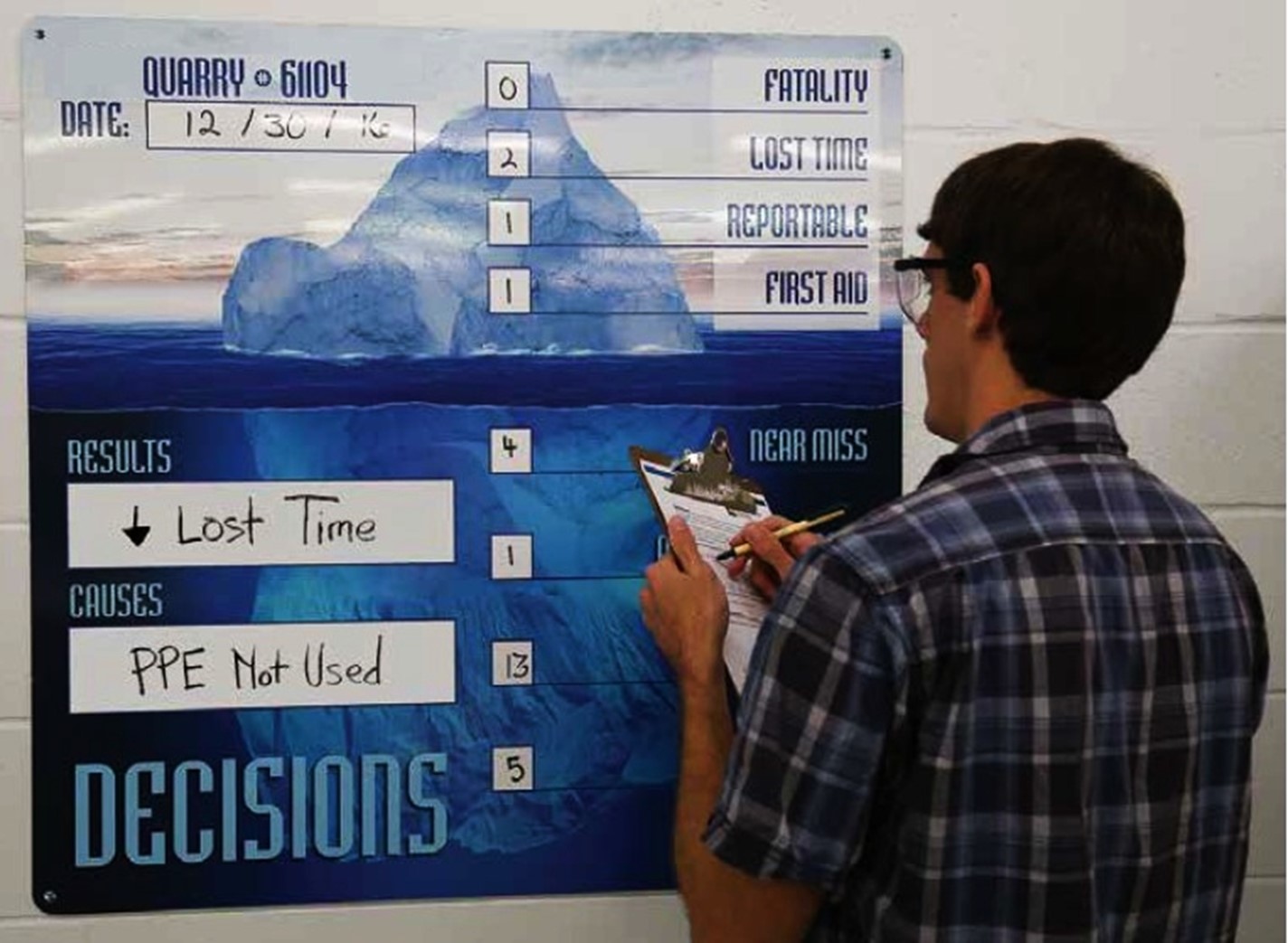- Home
- Continuous Improvement Certification Online
- Advanced Lean Training
Advanced lean training
advanced lean training meets your clients expectations

Advanced lean training is a determining factor in understanding customer interaction and how the product or service is conceived, in order to meet their expectations, how to reduce waste, increase efficiency and obtain the maximum value.
From the customers point of view, companies and organizations exist to provide a product, a good or a service, since they need products with characteristics that satisfy their needs and expectations. These products are the result of a process, which is a set of interlaced or interrelated activities that receive certain inputs that are transformed into a result from service or a product. A process is made up of several stages or sub-processes, while inputs include substances, materials, products or equipment. The results can be a product itself or some modification of the inputs, which in turn will be an input for another process.
advanced lean training seeks to create value

Giving rise to this series of firsts, an advanced lean training seeks to create the greatest value for the client, minimizing resources, time, energy and effort, through:
- Understanding what is really happening in the place where the value is created.
- Improve the processes by which products and services are created and delivered.
- Develop people's capacity through problem solving
- Prepare leaders and an effective management system.
Around the above, an advanced lean training is essential to know each one of the factors that make up the system, in order to influence a maximization of results, taking into account that the existing synergy will drive efficiency and effectiveness, proactively driving the desired results.
Quality has
evolved through various experiential situations and the need to emphasize
greater value to the client, with this it has migrated from the application of
Just in Time, later in TQM: Total Quality Management, to modern methodologies
focused on the client and on a better use of resources and processes, such as
lean, six sigma, with the passage of time to the evolution of the lean six
sigma methodology, the integration of the theory of constraints, and others,
where the best use of resources is increasingly becomes a constant.
Is here where the dimension of the total quality concept is fully reflected in the principles of strategic focus on creating value for customers and shareholders. The internal dimension has its translation in the principles of leadership and commitment of the management, global vision of the organization, orientation to people and the development of their skills and orientation to learning and innovation. The global dimension of the concept of total quality is adequately incorporated by the broader interpretation of the principle of strategic orientation to the creation of value, the orientation to external cooperation and the ethical and social approach. Understanding and linking the voice of the customer is crucial for the proper performance of the quality management system.
Let us support you by strengthening your knowledge platform.
Sign up to the programs that InArtifexYou offers you. Coming Soon!